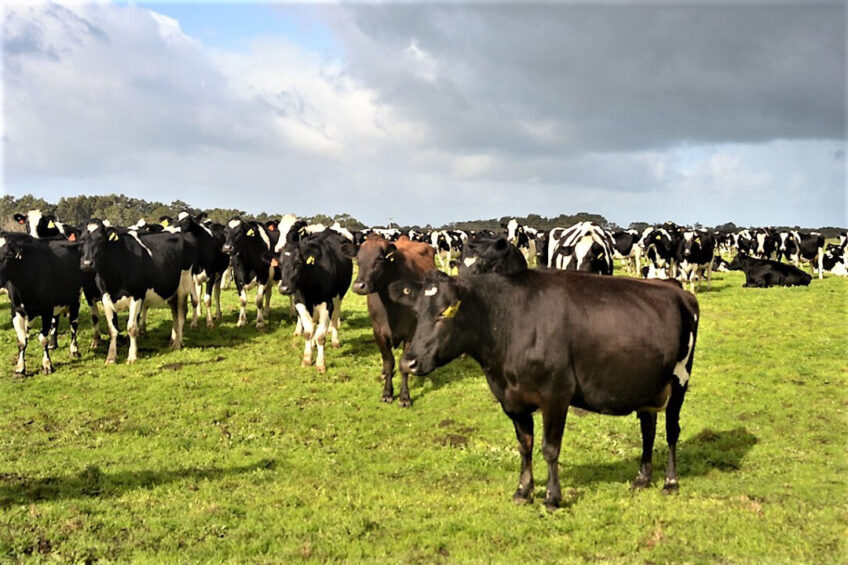



Article by: Hari Yellina
The dairy service levy is now being invested in initiatives that help farm businesses increase profitability, performance, and sustainability, as well as assisting state and national organisations in developing regulations that shape the industry as a whole. With more tailored, modern, and expanded offerings in a wide variety of essential areas, an increase in the dairy service levy will enable Dairy Australia to maximise the value of assistance programs to better suit the needs of dairy farmers and the industry.
As we move into an era where dairy businesses must adapt to changing climates, Dairy Australia is committed to accompanying dairy farmers on this journey, providing tools and support in a changing environment. “Dairy Australia has already committed a significant portion of the levy in helping to establish tools that enable farms to adapt, as well as begin to prepare farms to reduce their environmental footprint,” said Dr John Penry, Dairy Australia’s manager of innovation and technology. “However, there’s more we can do.” With a higher levy, we will be able to do more work on adaptation for individual farms and do research that will provide us with a wider toolkit for decreasing emissions on particular farms.” While the changing climate can increase company uncertainty, it can also create opportunity. “
Labor is one of Dairy Australia’s main investment areas, since it is one of the biggest difficulties facing dairy farmers, which has been compounded by COVID-19. Partnerships with recruitment professionals and large-scale marketing initiatives are among the options available to overcome labour shortages in the business. Greg Jarman, Dairy Australia’s general manager of the farm team, believes that a higher levy will result in a larger and better-equipped workforce. “This means more investment in building partnerships with agricultural recruitment specialists in each region who can work with farm businesses to provide more direct access to people ready to work on your farm,” he said. “It also means a large-scale recruitment campaign through channels like television and radio that highlights the great opportunities available to work on dairy farms and brings people into the industry to recruit new staff,” he said.
“We’ll also concentrate on developing new employment solutions for farm businesses to make onboarding new employees easier and to help you keep talented employees for longer.” This demonstrates how Dairy Australia can assist dairy farms in not only supporting a greater workforce, but also in worker management.
While Dairy Australia cannot directly fund lobbying, it does play a significant role in assisting advocacy activities and shaping policy development by industry groups and governments. This is accomplished through investing in data collection, research, expert analysis, and connecting with farmers to learn about important policy problems and how they affect farm operations. Increased spending in the policy formulation process will boost the levy’s ability to address crucial national policy problems. Topics including labour and water, strengthening dairy’s access to foreign markets, and portraying dairy in the best possible light in the climate change discussion are among them. “We see opportunities on the regional and state level, where Dairy Australia could better support state dairy farming organisations with data and information to help address grassroots policy issues that don’t make it to the national stage,” said Charlie McElhone, Dairy Australia general manager, trade and industry strategy. “Dairy Australia is eager to collaborate with state dairy representative organisations to ensure that these investments are prioritised where they will have the greatest impact,” he added.